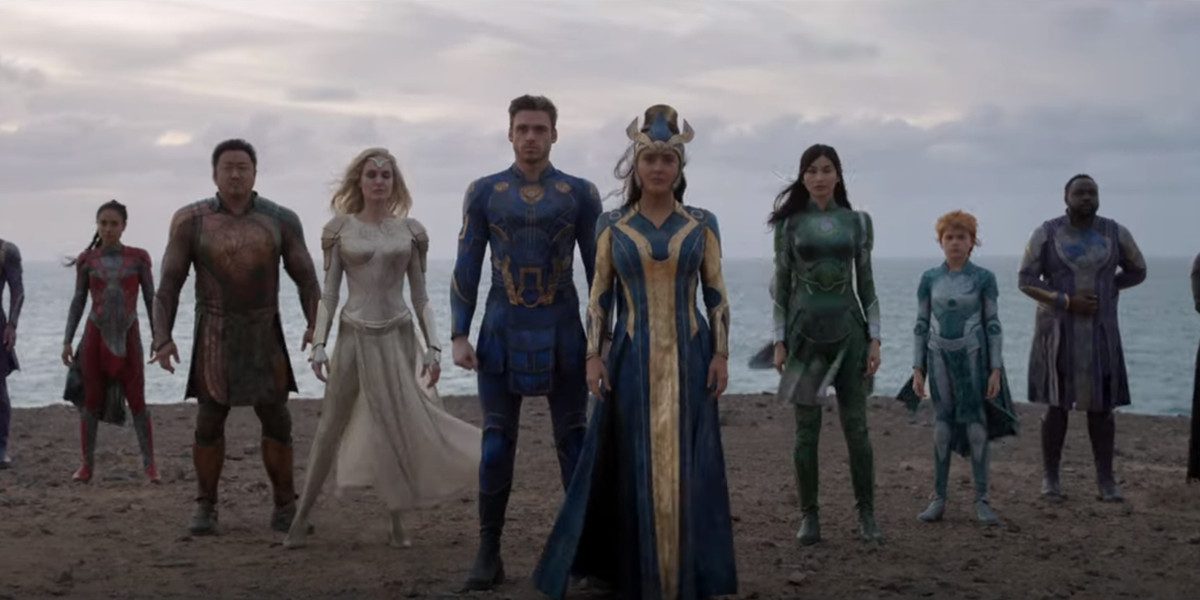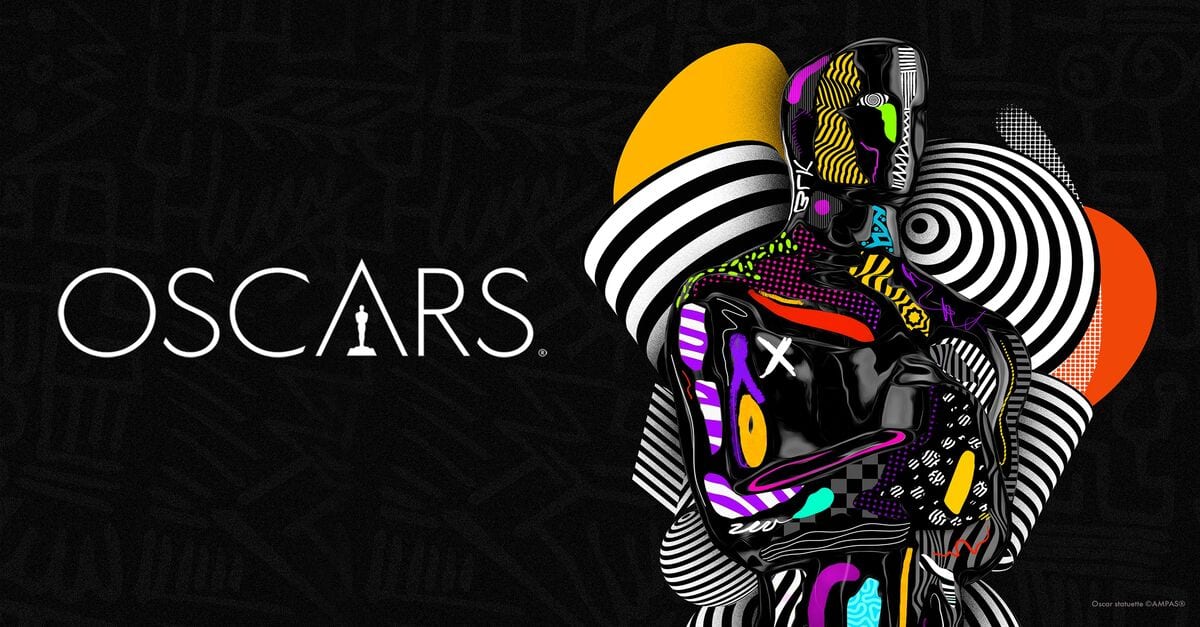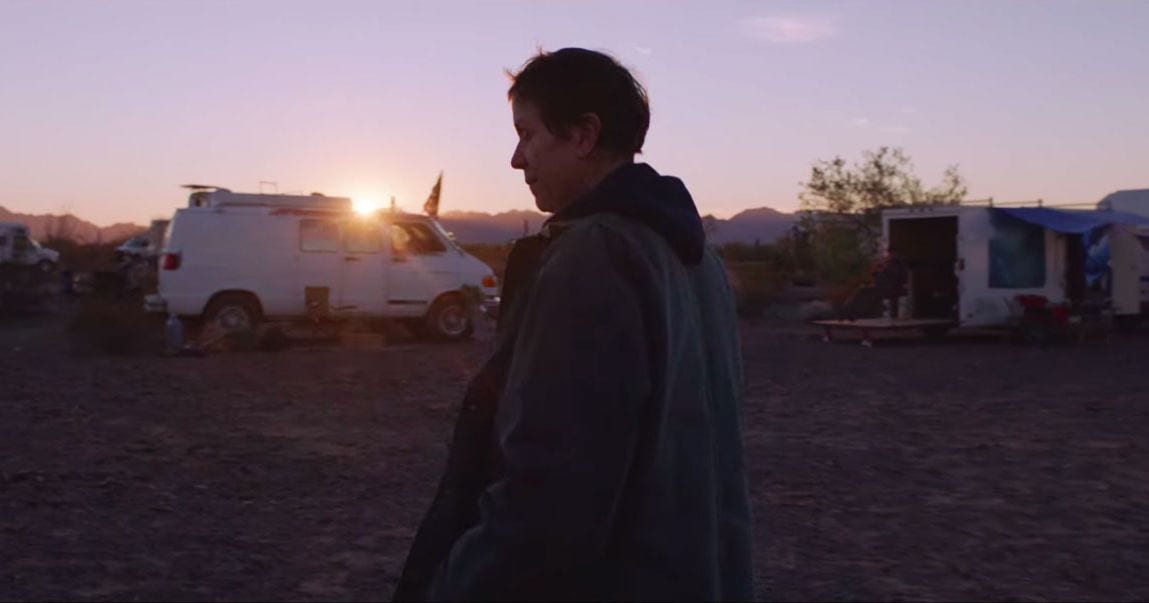
SF Radio 8.07: Representing the World in ETERNALS
With the release of Eternals, the MCU fully leans into its cosmic realm at long last. Spanning a story about ‘divine’ monsters over thousands of years, director Chloe Zhao unravels a narrative that asks profound questions about the universe and our place within it. So, why hasn’t it caught on with audiences? With the lowest…



